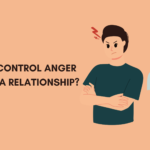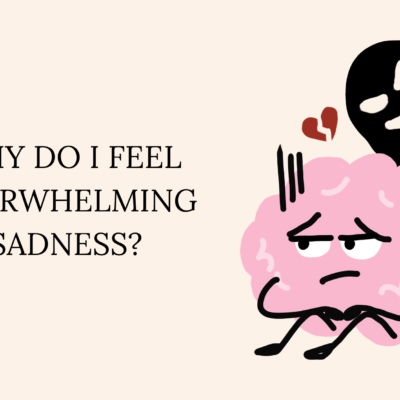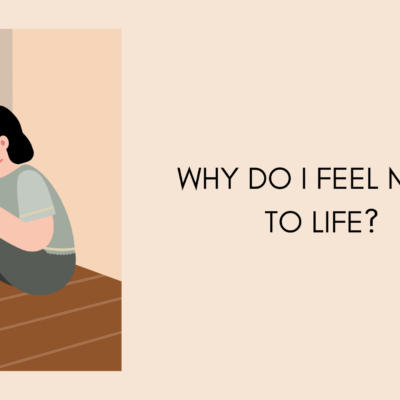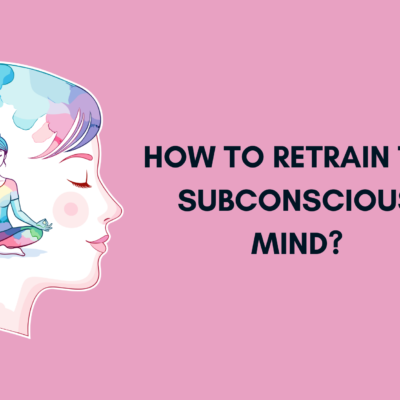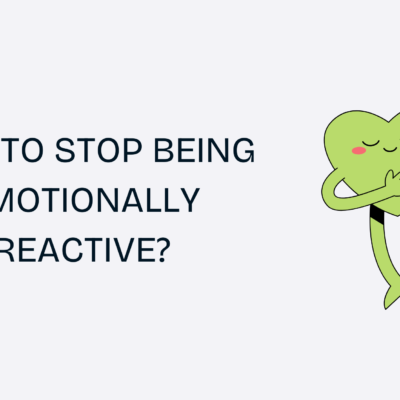How to Help Someone with Postpartum Depression and Anxiety: Welcoming a new baby is often described as one of life’s most joyful experiences, but it can also bring unexpected challenges. Many new parents struggle silently with postpartum depression (PPD) and anxiety (PPA), and their loved ones may feel unsure how to help. If you’re asking, “How can I support someone with postpartum depression or anxiety?”, this guide offers understanding, practical strategies, and actionable steps to help them navigate this difficult period.
Also Read:
Understanding Postpartum Depression and Anxiety
Before you can offer meaningful support, it’s essential to understand what postpartum mental health challenges are and how they differ from normal “baby blues.”
1. Baby Blues vs. Postpartum Depression and Anxiety
- Baby blues: Affect up to 80% of new mothers. Symptoms such as mood swings, tearfulness, or irritability appear within a few days of birth and usually resolve within two weeks.
- Postpartum depression: More intense and long-lasting. Symptoms include persistent sadness, feelings of hopelessness, loss of interest in usual activities, difficulty bonding with the baby, and fatigue.
- Postpartum anxiety: Includes excessive worry, panic attacks, intrusive thoughts about the baby’s safety, and constant tension.
PPD and PPA often occur together and can affect anyone, including fathers, adoptive parents, and caregivers.
2. Common Symptoms to Watch For
Recognizing the signs allows you to respond with care and urgency:
- Persistent sadness or irritability
- Overwhelming guilt or shame
- Anxiety, panic attacks, or obsessive thoughts
- Trouble sleeping even when the baby sleeps
- Loss of appetite or overeating
- Difficulty bonding with the baby
- Feeling hopeless, empty, or disconnected
- Thoughts of self-harm or harming the baby (seek immediate help if this occurs)
If these symptoms last more than two weeks or worsen, professional help is crucial.
Why Support Matters
Postpartum depression and anxiety are not signs of weakness or poor parenting. They are medical conditions influenced by hormonal changes, sleep deprivation, stress, and pre-existing mental health vulnerabilities. Emotional support from loved ones can:
- Reduce feelings of isolation
- Encourage help-seeking behavior
- Promote faster recovery
- Strengthen family bonds
Even small gestures of understanding can make a significant difference.
Practical Ways to Help Someone with PPD and PPA
Supporting a loved one requires a combination of empathy, patience, and action. Here’s how you can help:
1. Educate Yourself About Postpartum Mental Health
Knowledge is power. Understanding the condition helps you respond appropriately instead of reacting out of fear or frustration.
- Read reputable sources (American Psychological Association, Postpartum Support International).
- Learn the differences between baby blues, PPD, and PPA.
- Understand that these conditions are biological and psychological, not character flaws.
Being informed allows you to validate their experience rather than dismiss it.
2. Listen Without Judgment
One of the most powerful ways to support someone is to listen with empathy. Avoid offering unsolicited advice or minimizing their feelings.
- Use phrases like:
- “I’m here for you.”
- “It’s okay to feel this way.”
- “You’re not alone.”
- Avoid phrases like:
- “Just cheer up.”
- “Other moms have it worse.”
Active, non-judgmental listening helps them feel understood and less isolated.
3. Encourage Professional Help
Postpartum depression and anxiety are treatable with therapy, medication, and support networks. Encourage your loved one to seek help:
- Therapists specializing in perinatal mental health
- OB-GYN or primary care physician for evaluation
- Support groups (in-person or online)
- Postpartum doula or mental health coach
Offer to help with scheduling appointments, arranging transportation, or accompanying them to sessions. This practical support reduces barriers to seeking help.
4. Assist with Daily Responsibilities
New parents often feel overwhelmed by the demands of childcare, household chores, and personal care. Offering concrete help can alleviate stress:
- Cook meals or arrange meal delivery
- Help with laundry or cleaning
- Offer childcare breaks for naps or therapy appointments
- Run errands or handle household tasks
Even small gestures show that they’re not alone and can significantly reduce anxiety and exhaustion.
5. Promote Rest and Self-Care
Sleep deprivation and burnout exacerbate PPD and PPA. Encourage rest without judgment:
- Watch the baby while they nap
- Create a calm environment for short breaks
- Remind them that self-care is not selfish — it’s essential
- Suggest gentle activities like stretching, meditation, or a warm bath
Providing time and space for rest can improve mood and emotional stability.
6. Be Patient and Understanding
Recovery from postpartum mental health challenges can be gradual. Frustration or impatience may worsen their stress.
- Celebrate small progress
- Avoid rushing them to “feel better”
- Accept fluctuations in mood
- Offer consistent support without pressure
Patience and understanding foster safety and trust, which are crucial for healing.
7. Avoid Stigma or Blame
Many parents feel guilt or shame for struggling. Avoid statements that increase stigma, such as:
- “You should just be happy.”
- “You’re a bad mom.”
- “Other moms cope fine.”
Instead, reinforce that PPD and PPA are medical conditions that require compassion and care, not judgment.
8. Encourage Connection and Support Networks
Isolation can intensify postpartum mental health issues. Help them reconnect with supportive communities:
- Parent support groups
- Family and friends who are understanding
- Online communities or helplines
- Activities that foster connection, even briefly
Social support reduces feelings of loneliness and normalizes their experience.
9. Be Alert to Crisis Situations
Sometimes postpartum depression and anxiety can lead to dangerous thoughts. Immediate action is critical if there are signs of:
- Thoughts of self-harm or suicide
- Thoughts of harming the baby
- Severe depression or panic attacks that prevent basic functioning
Immediate steps:
- Call emergency services (e.g., 911 in the U.S.) if there’s imminent danger
- Contact a mental health professional urgently
- Stay with the person if it’s safe to do so
- Utilize crisis hotlines (e.g., Postpartum Support International: 1-800-944-4773 in the U.S.)
Safety is the top priority.
10. Offer Emotional Reassurance and Affirmation
Reinforcing their value and competence helps rebuild confidence and emotional stability:
- Acknowledge their efforts as a parent
- Praise small accomplishments
- Validate their feelings rather than dismissing them
Simple statements like, “You’re doing your best, and that’s enough,” can have a profound impact.
11. Maintain Open Communication
Encourage ongoing dialogue about feelings, challenges, and needs:
- Ask, “How can I support you today?”
- Respect boundaries if they need space
- Avoid assumptions; let them guide what kind of help they want
Open communication strengthens trust and prevents misunderstandings.
12. Support Partners and Family Members Too
Postpartum mental health affects the entire family. Offer guidance and emotional support to partners:
- Encourage partners to express their feelings
- Help them learn coping strategies
- Suggest family counseling if needed
- Foster a supportive environment for everyone
Holistic family support accelerates recovery and reduces relational stress.
Long-Term Support and Recovery
Recovery from postpartum depression and anxiety is gradual and requires ongoing support. Long-term strategies include:
- Regular therapy sessions or check-ins
- Continued support from family and friends
- Healthy routines (sleep, nutrition, exercise)
- Mindfulness, meditation, or journaling
- Open discussions about emotional needs and boundaries
Recognize that healing is not linear. There may be setbacks, but consistent support and understanding pave the way to recovery.
Conclusion: Compassion and Action Make the Difference
Supporting someone with postpartum depression and anxiety requires knowledge, empathy, and actionable help. By educating yourself, listening without judgment, assisting with daily tasks, and encouraging professional support, you can make a significant difference in their recovery.
Remember:
- PPD and PPA are common and treatable medical conditions
- Your role is to support, not fix; professional help is essential
- Safety and emotional well-being are paramount
- Small gestures of care, patience, and reassurance have profound effects
Ultimately, your support can help a new parent feel seen, understood, and capable, fostering healing for themselves, their baby, and the entire family.
Postpartum struggles are not a reflection of weakness — they are part of the journey. Compassion, patience, and proactive support are the keys to helping someone emerge stronger, healthier, and emotionally connected.


